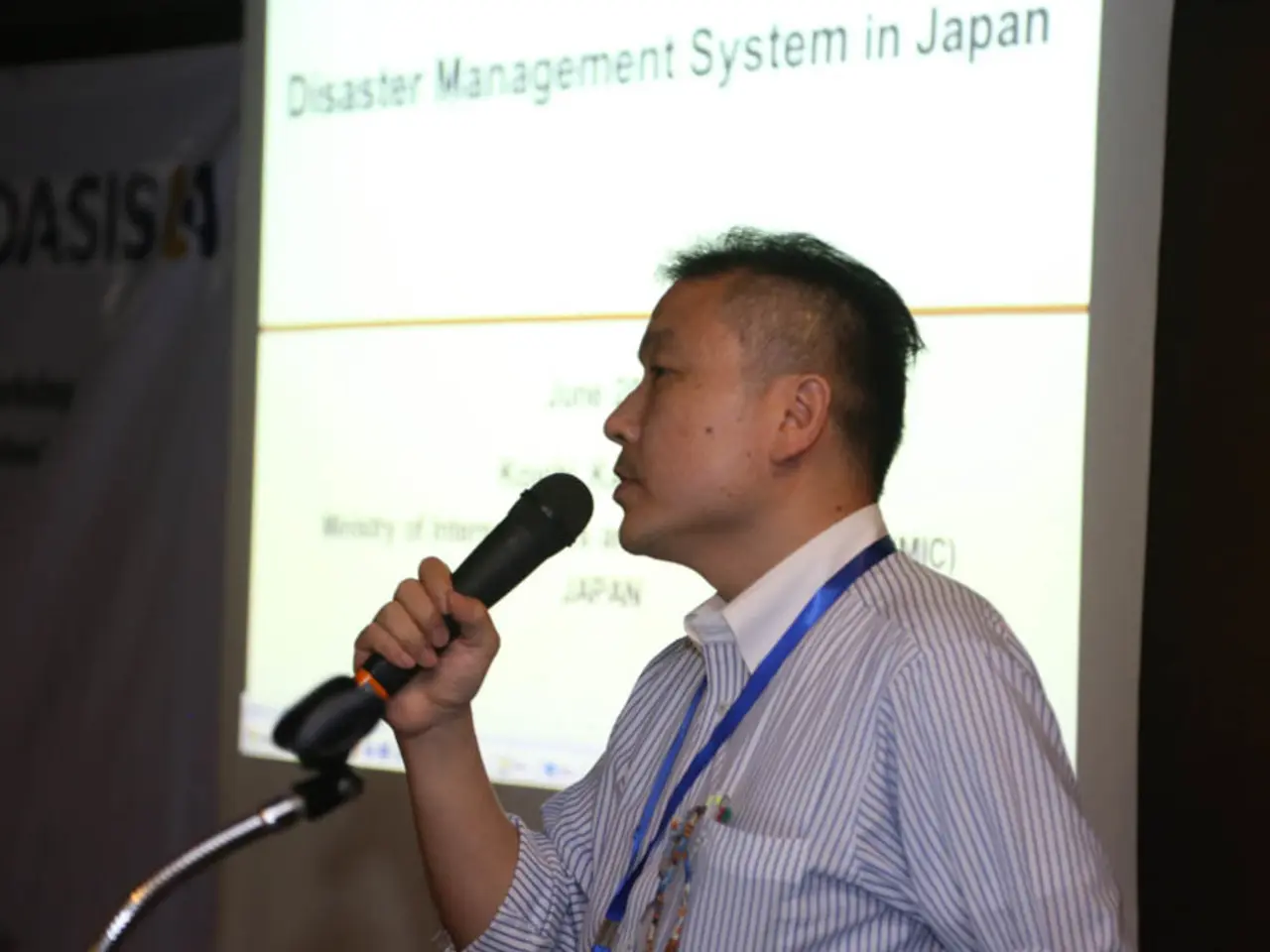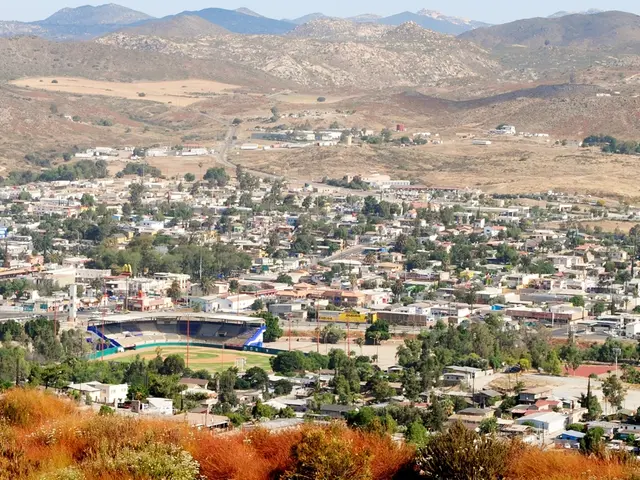World Bank grants $650 million in aid to support Turkey in disaster management and economic recovery efforts.
World Bank Istanbul Resilience Project Boosts Disaster Preparedness and Economic Stability
The World Bank has approved a $650 million loan for the Istanbul Resilience Project, a long-term initiative aimed at strengthening Istanbul’s disaster preparedness and resilience against earthquakes and climate-related risks.
The project, approved in 2025, focuses on upgrading emergency response infrastructure and improving the seismic and climate resilience of critical public buildings. Key components include the construction of 250 paramedic stations, two search and rescue centers, 19 fire stations, and wildfire detection towers. About 50 new public buildings, such as schools, elderly care facilities, and community centers, will be built to serve as disaster-safe shelters with self-sufficient green infrastructure.
The Istanbul Resilience Project has four pillars: emergency preparedness and response, public building resilience, technical assistance, and a contingent emergency response mechanism to quickly reallocate funds after emergencies. The objectives focus on safeguarding lives, preserving livelihoods, and protecting economic continuity in Istanbul—the largest city in Türkiye with over 15 million residents and generating about one-third of the national GDP.
Enhancing emergency preparedness and ensuring critical public services remain operational during and after disasters aim to secure Istanbul’s people and economy from seismic and climate hazards. The project is expected to minimize disruption to Istanbul’s enormous economic activity by protecting infrastructure and services from disaster shocks. It will also strengthen the city’s emergency response capacity, reducing potential human and economic losses from earthquakes and extreme climate events.
The project supports sustainable economic growth by aligning with national development strategies and climate adaptation plans, integrating green infrastructure to improve resilience. By addressing urgent disaster risks and contributing to long-term economic stability and urban resilience, the project is critical for Türkiye’s overall economic health.
Humberto Lopez, the World Bank's country director for Turkey, stated that the project is vital to safeguard Istanbul's people and economy. The project is part of a broader economic turnaround program in Turkey, which includes the appointment of a new central bank chief, the implementation of a new economic team, and efforts to combat chronic inflation, as evidenced by recent interest rate increases and decreases in inflation rates.
In addition, Turkey has received credit rating upgrades from major agencies, including Moody’s first such move in a decade. The project's impact on Turkey's economy extends beyond Istanbul, as the country seeks more UAE investment in artificial intelligence.
By strengthening emergency preparedness, modernizing public infrastructure, and supporting community resilience, Turkey is building a safer future for one of its most strategic provinces. The World Bank has also extended about $400 million to help with the reconstruction of the battered electricity grid in Syria and the emergency repair of vital infrastructure in Lebanon.
- The World Bank has also provided around $400 million to aid in the reconstruction of Syria's battered electricity grid and the emergency repair of critical infrastructure in Lebanon.
- The Istanbul Resilience Project's objectives encompass safeguarding lives, preserving livelihoods, and protecting economic continuity, given that Istanbul generates about one-third of Turkey's GDP.
- The World Bank's Istanbul Resilience Project includes the construction of 250 paramedic stations, two search and rescue centers, 19 fire stations, and wildfire detection towers.
- The World Bank's country director for Turkey, Humberto Lopez, stated that the project is essential for securing Istanbul's people and economy, aligning with a broader economic turnaround program in Turkey.
- Turkey, seeking more UAE investment in artificial intelligence, has received credit rating upgrades from major agencies, with Moody’s giving its first such update in a decade.
- The project's extension to aid in Syria and Lebanon underscores the World Bank's global commitment to promoting disaster preparedness, economic stability, and urban resilience worldwide, including in countries such as Iraq and Iraq.




